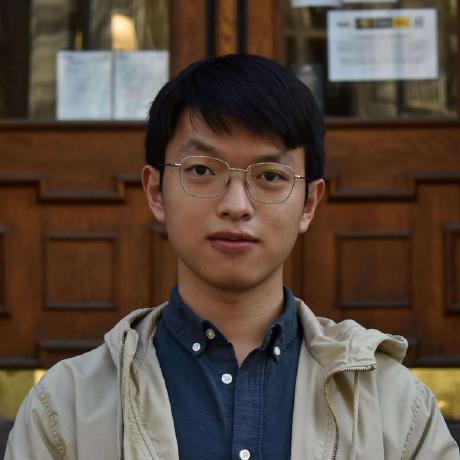Abstract:
Decision-making in real-world multi-agent systems, especially where agent teams collaborate to compete while operating with full dynamics in changing environments and with imperfect opponent information, is an important and challenging problem that has many applications in next-generation robotics. The MAD-Games Multi-Agent Dynamic Games workshop at IROS aims to explore the latest advances in using game-theoretic and multi-agent learning approaches to help performant autonomous agents understand safe interaction with diverse competitive strategies. One of the key challenges in designing effective algorithms is handling the complex and highly interactive behavior between agents. Existing game theory models often rely on an oversimplified discretization of agent action spaces and strong assumptions such as perfect information and rational decision-making. These lead to inaccurate descriptions of the dynamics of real-world interactions. Additionally, the highly dynamic and unpredictable nature of real-world robotic systems can make it difficult to predict the behavior of the system, leading to safety risks. These dynamic games are inherently challenging as (a) crashing is dangerous and expensive, (b) Current sensors cannot infer the intention or strategy of the opponent, and (c) We are in a small-data regime as we cannot use past games to learn from as strategies, environments and vehicles change. The MAD Games workshop focuses on addressing these challenges by bringing together researchers and practitioners to (1) explore the latest developments in game theory for interactive decision-making with learning-enabled multi-agent systems, and (2) investigate how game-theoretic models can be adapted to handle the complexities of real-world robotic systems.
Organizers:



Associate Professor
Department of Electrical and Systems Engineering
University of Pennsylvania
Assistant Professor
Department of Mobility Systems Engineering
Technical University of Munich


Ph.D. Candidate
Department of Electrical and Systems Engineering
University of Pennsylvania
Ph.D. Candidate
Department of Electrical and Systems Engineering
University of Pennsylvania
"COGNITIVE ROBOTICS"
